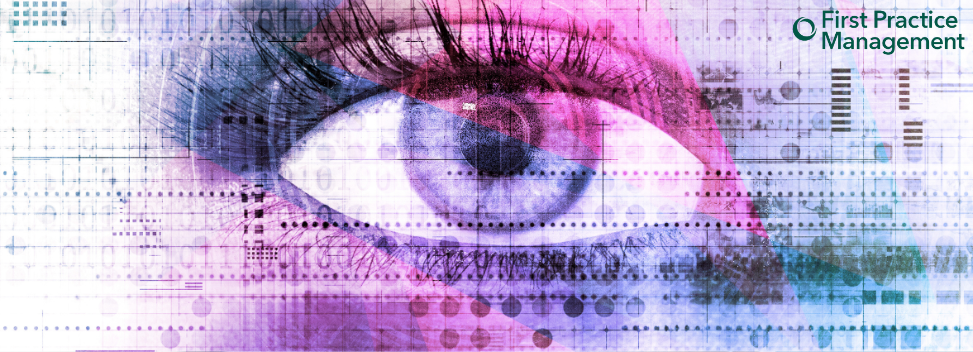
As a GP Practice Manager, you are responsible for the security of your patients' data and the integrity of your practice's IT systems. Cybersecurity threats are a growing concern for all organisations, but they are especially concerning for healthcare organisations, which hold sensitive patient data. What better time to renew your efforts in this field and get up to date on the latest issues than Cybersecurity Month 2024, starting October 1st?
This initiative may have started in the USA back in 1987 but since then it has expanded hugely, to become an event in many countries around the world, including the UK. Governments, businesses and non-profit organisations come together to raise awareness of the threat of cyber attack and share best practice on how to prevent and deal with it.
We should all be cyber-security aware all year round, not just in October. Here are some tips to get you going in your organisation:
The Five Cs of Cyber Security
1. Change: Regularly update systems and software to address evolving threats.
2. Continuity: Ensures your organisation’s operations can continue in the event of a breach.
3. Cost: Ensuring security measures balance protection and budget.
4. Compliance: Your cyber security practices follow the mandatory industry regulations.
5. Coverage: Incident response and data backup are essential for minimising the impact of cyber attacks.
The Importance of Good Data Security Methods for GP Practice Staff
GP practice staff play a vital role in protecting patient data. By following good data security practices, staff can help to reduce the risk of a cyber-attack and keep patient data safe.
Some important data security practices for GP practice staff include:
- Using strong passwords and enabling multi-factor authentication. Strong passwords are at least 12 characters long and include a mix of upper and lowercase letters, numbers, and symbols. Multi-factor authentication adds an extra layer of security by requiring users to enter a code from their phone in addition to their password when logging in
- Being careful about what emails and attachments they open. Phishing emails are a common way for cyber criminals to gain access to computer systems. Staff should be suspicious of unsolicited emails and never open attachments from unknown senders.
- Reporting suspicious activity to their IT department. If staff see anything suspicious on their computer, such as a strange email or a program that they do not recognise, they should report it to their IT department immediately.


0 Comments